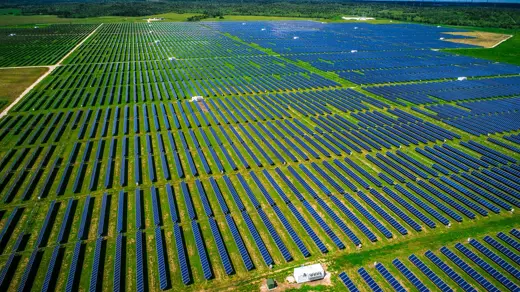Sustainability may feel like a new world to some, but many private equity firms are actively bringing their reporting in line with ESG-related regulatory demands and, perhaps more pertinently, the expectations of the wider market. How and to what extent firms report on these issues, and other performance metrics, feed into a new competitive environment whereby investors feel more inclined to put capital to work in firms that most closely align with the standards set by regulation like the SFDR and, therefore, have their house in order when it comes to sustainability.
Climate change is a battleground set to become ever more prolific as public consciousness grows. From a pragmatic perspective, it has become the first order of business for many private equity firms with larger houses, in particular, setting science-based initiatives and targets. This can be a useful practice as it provides a robust trajectory to engage with, such as the 1.5-degree temperature rise scenario outlined in the Paris Climate Agreement, or in the UK, the TCFD framework, which will become mandatory later this year.
While this increased element of regulation and due diligence has been viewed as burdensome by some in the sector, it is nevertheless often compulsory now and, therefore, unavoidable. With many private equity fund managers and investors now looking forward and questioning what value will look like in two to three years’ time, the answer likely lies in the ability of the sector to demonstrate it is playing a meaningful part in the climate change agenda and meeting carbon reduction targets, as opposed to simply meeting bottom line expectations.
So, embracing the data and systems available to monitor and measure ESG performance at the earliest opportunity will put private equity firms in the best position to succeed and stay competitive, and, in turn, futureproof both their business and by extension, the planet.
ESG and climate change-focused regulation is generally prescriptive and, as such, private equity firms may want to seek advice from an expert third-party to help them understand the rules and expectations on them.
Apex Group, for example, offers ESG Ratings & Advisory services to produce the data investors seek. Of course, software and systems are available for firms wishing to go it alone, but time, resource and expertise may be barriers to meeting regulatory and investor requirements in relative comfort.
Working with independent auditors can also provide an additional layer of credibility.
To find out more about our ESG Ratings & Advisory services, please contact the team.





